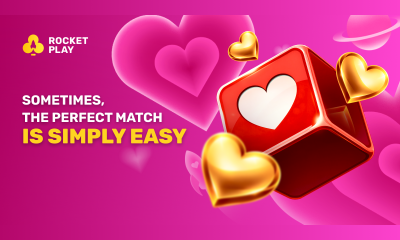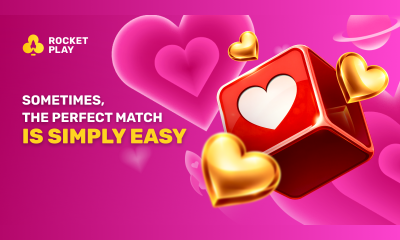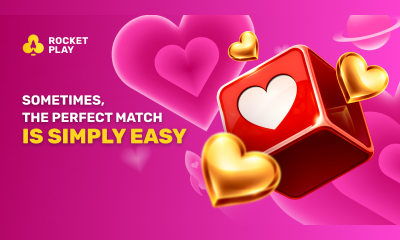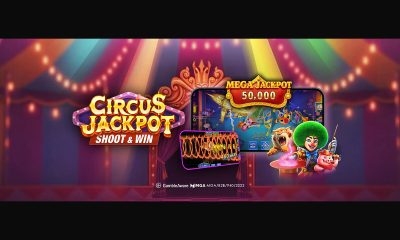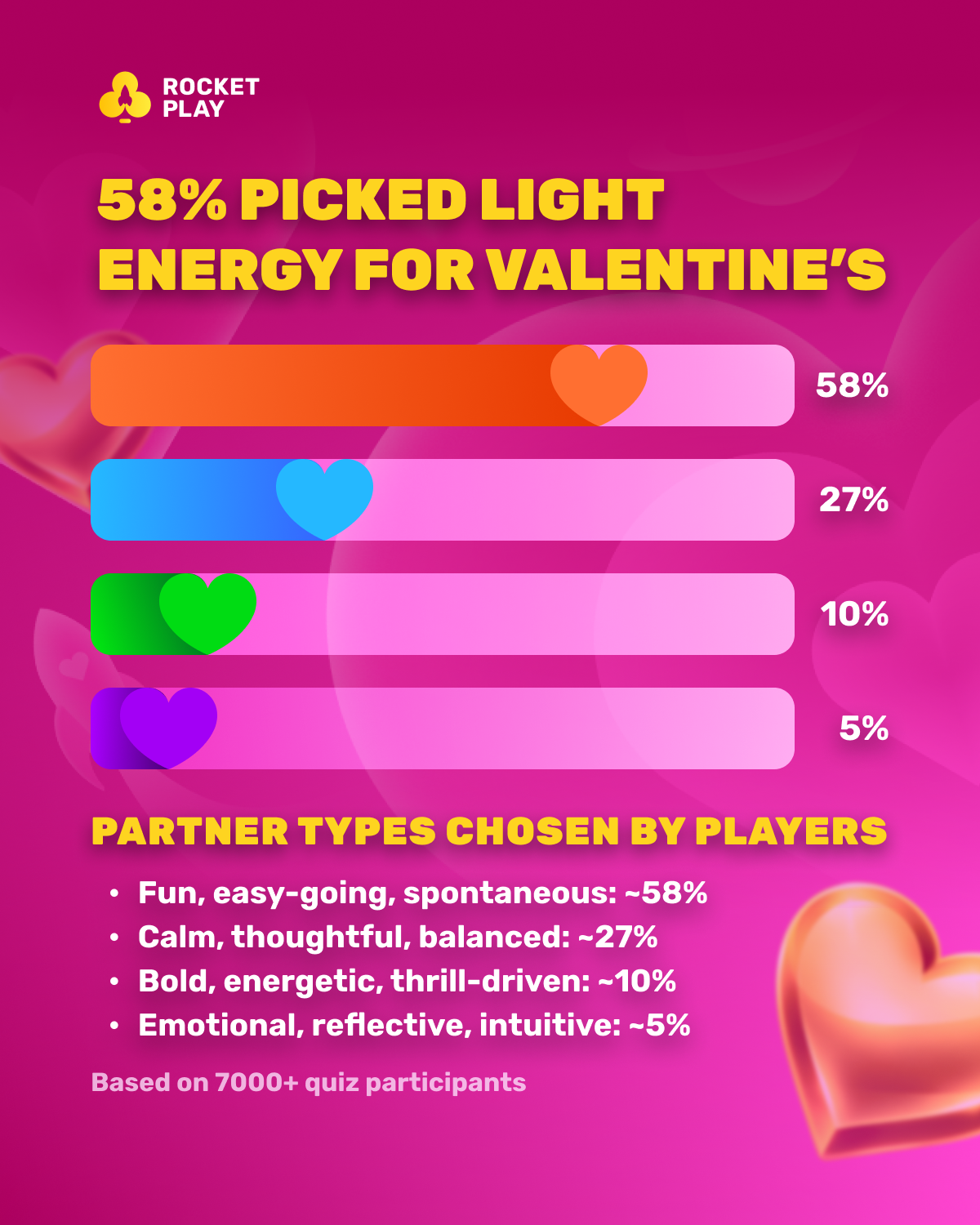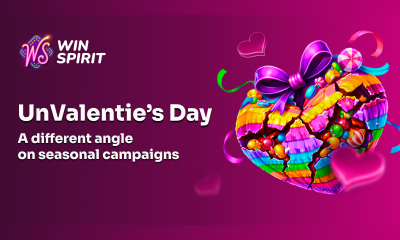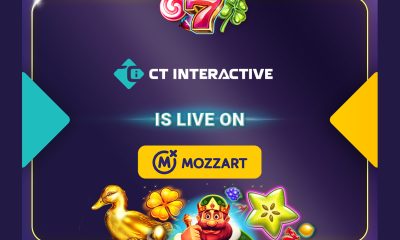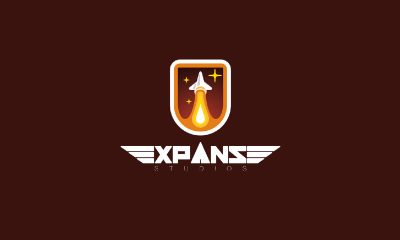Gaming
Ultra Unveils First-Ever Tradable Digital Video Game Redefining Ownership of Gaming Content
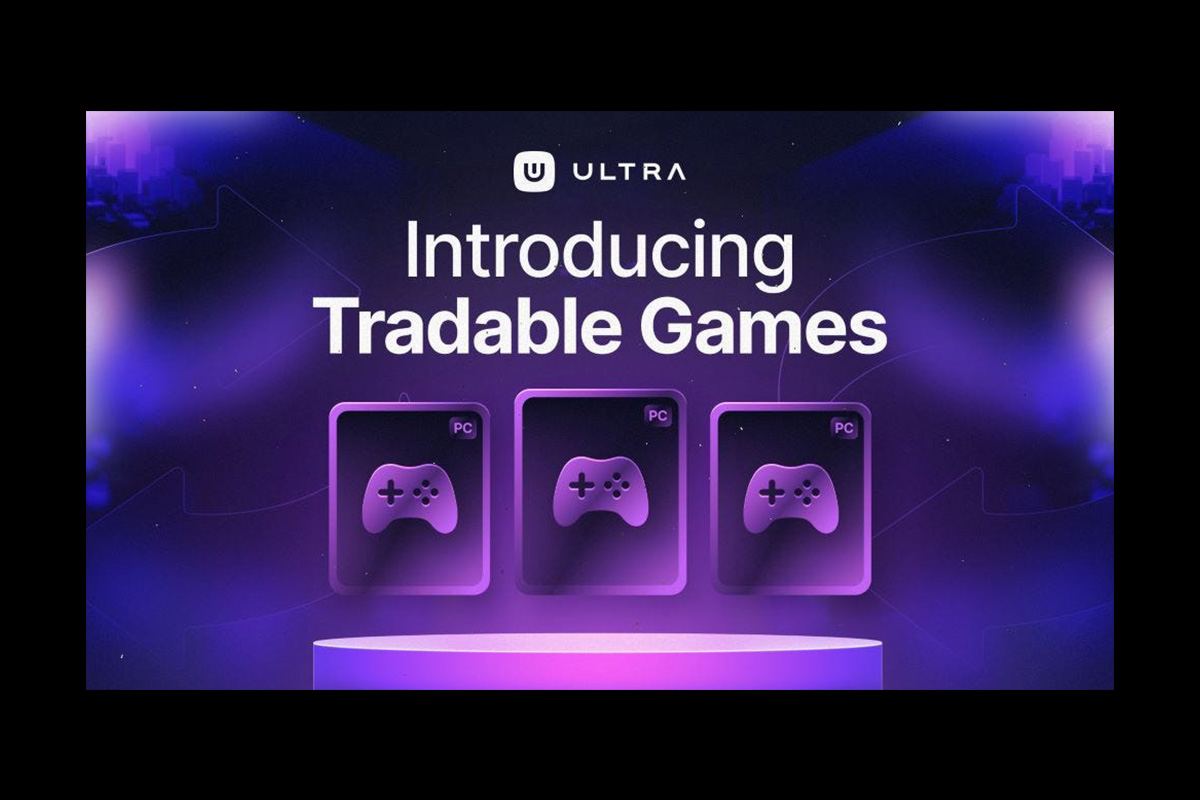
Ultra, a complete PC gaming hub created by AAA talent from companies like Ubisoft, Playstation and Nintendo, announced the launch of the world’s very first tradable digital video game. This groundbreaking development empowers gamers to resell video gaming content to fellow enthusiasts, redefining the essence of digital ownership in the gaming ecosystem.
The cornerstone of this transformative shift is Ultra’s proprietary blockchain technology, which seamlessly integrates gamers, game developers and publishers into a fairer, more sustainable paradigm where all can benefit. Embracing this technological innovation and forever securing its status as the world’s first tradable game is indie title Josh Journey: Darkness Totems from Provincia Studio. Users now gain the unprecedented ability to not only purchase but also resell captivating digital gaming content among themselves, heralding a new era in video game distribution. Ultra’s recent independent survey of 2000 PC gamers – the full findings of which are set to be released in January 2024 – showed that the vast majority (64%) of PC games are already bought at a discount or in a bundle, or downloaded for free.
This technological leap addresses an unspoken reality within digital entertainment: the absence of true ownership for users over the content they buy. Currently, the purchase of a PC game or any other digital content merely grants users an individual license to access and enjoy the material, a privilege susceptible to removal at any given moment. By representing all of the game licenses on its platform as digital tokens – “tokenizing” them – Ultra is introducing what could be a decisive shift toward granting users genuine ownership rights, revolutionising the status quo governing digital content transactions.
Nicolas Gilot, Co-CEO at Ultra, said: “For the majority of mainstream PC gamers, true ownership of their digital games isn’t a burning issue – until it is. Recent history has clearly shown that digital content in users’ libraries can be removed at short notice as platforms, companies and licensing agreements change. By tokenizing the games on Ultra and providing developers with the option to make their titles tradable, we hope to unlock new revenue streams and community engagement features for developers of all types of PC game, while giving all users true ownership of their content – even if they don’t know they need it yet!”
Guilherme Araujo, Co-Founder of Provincia Studio, said: “We’re excited that Josh Journey will forever be the very first tradable title on Ultra Games! This is a great opportunity for us to understand more about this new business model for games and see how it can enhance existing revenue streams, and create new ones. Blockchain and tokenization are not familiar concepts to us but the enthusiasm of the Ultra community is enormous and we can’t wait to see them enjoy and share Josh Journey.”
While Ultra’s tradable game technology is available to every game on its next-gen PC store, it’s up to developers to decide whether to activate reselling of their titles and set rules such as minimum resale price and desired revenue split. Josh Journey: Darkness Totems, a beautifully hand drawn beat’em up game, is a traditional PC game with no blockchain elements, showing the potential of this technology for the mainstream games industry. Ultra Games has an extensive catalogue of games including web3 titles Phantom Galaxies, R3V3NGE and Aether: Trading Card Game, and much-loved PC games and gaming series such as Lords of the Fallen, The Walking Dead Definitive Series, WRC7, the Syberia series and the Beholder series. Ultra is powered by its custom-built layer 1 blockchain and native token, UOS.
Gaming
58% of respondents like the“warmy” archetype. Rocket Match by RocketPlay became “ Valentine’s Tinder in Gaming”.
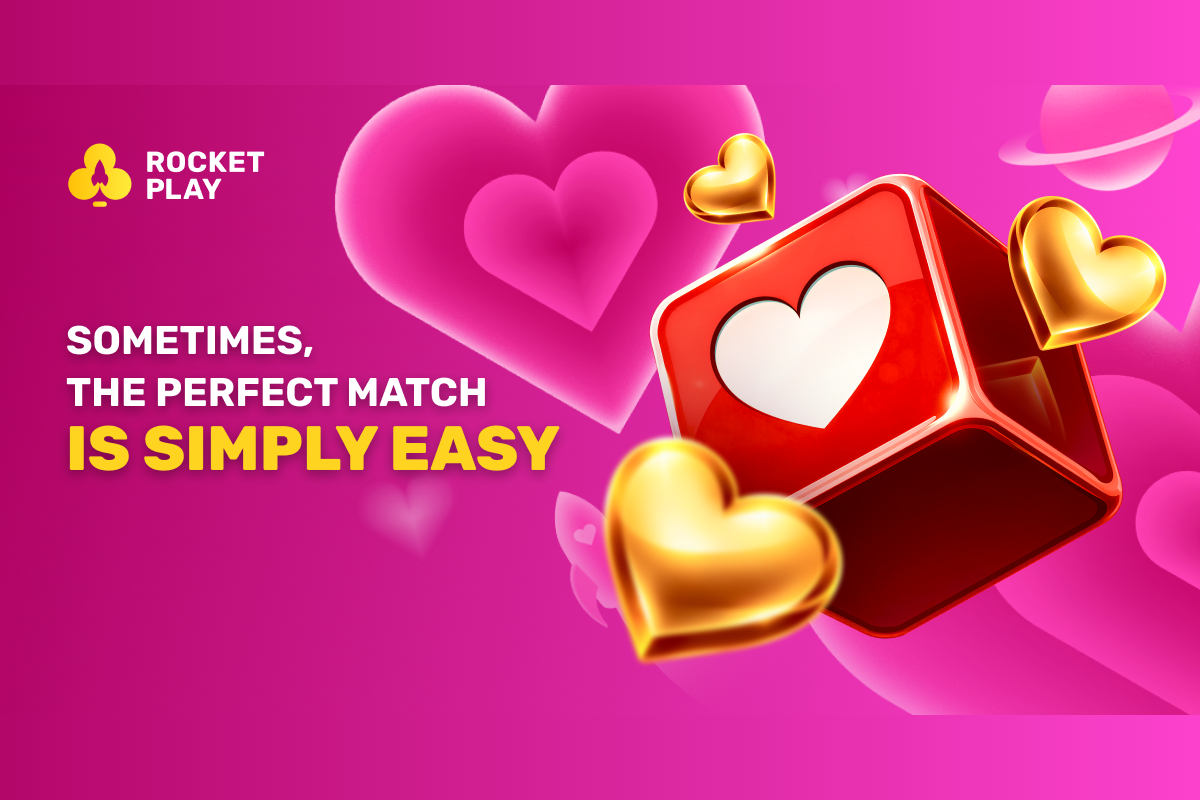
This Valentine’s, RocketPlay tested a playful idea: players who seek thrills in gaming don’t necessarily want intensity in everything — including relationships. Instead of asking users to pick a “perfect partner,” RocketPlay launched Rocket Match, a fast, flirty quiz that matches players with a vibe: Bold, Sunny, Dreamy, or Adventurous.
Early Results Flip the Stereotype
Around 58% of participants matched with the Sunny archetype — defined by warmth, charm, and easy-going fun. The experiment suggests that when it comes to Valentine’s, RocketPlay’s community prefers light-hearted connection over drama or high stakes.
What Rocket Match Is
Rocket Match is a Valentine’s matchmaking quiz built inside the RocketPlay Universe. Players answer five simple, no-wrong-answer questions and instantly discover their match vibe.
The goal: move away from typical Valentine’s content that swings between overly serious romance or clichéd tropes. Rocket Match keeps it flirty, playful, and moment-focused, letting players discover a vibe rather than a label.
The four vibes include:
-
Bold – confident, high-energy, loves bigger sparks
-
Sunny – easy-going, playful, social, effortlessly charming
-
Dreamy – soft, romantic, focused on atmosphere and emotion
-
Adventurous – playful risk-taker, spontaneous, curious
Community Insights from Rocket Match
The quiz quickly gained traction, with 7,000+ completions, revealing a strong preference: Sunny, the archetype defined by warmth, lightness, and charm.

Alex Martin, PR Lead at RocketPlay, said:
“What we liked most about Rocket Match is how clearly it captured the mood people actually want on Valentine’s. It wasn’t about labels or big statements — it was about light energy, easy chemistry, and a feel-good kind of connection. That’s the vibe we try to build across the brand: simple to join, fun in the moment, and positive without the drama.”
Why It Matters
Rocket Match was more than a Valentine’s gimmick. It offered a snapshot of what RocketPlay’s community enjoys most: light energy, playful interaction, and feel-good connections. By turning a pop-culture moment into a small experiment, RocketPlay gained insight into player preferences, informing how the brand continues to design engaging, fun, and positive experiences.
The post 58% of respondents like the“warmy” archetype. Rocket Match by RocketPlay became “ Valentine’s Tinder in Gaming”. appeared first on Eastern European Gaming | Global iGaming & Tech Intelligence Hub.
Gaming
58% of respondents like the“warmy” archetype. Rocket Match by RocketPlay became “ Valentine’s Tinder in Gaming”.
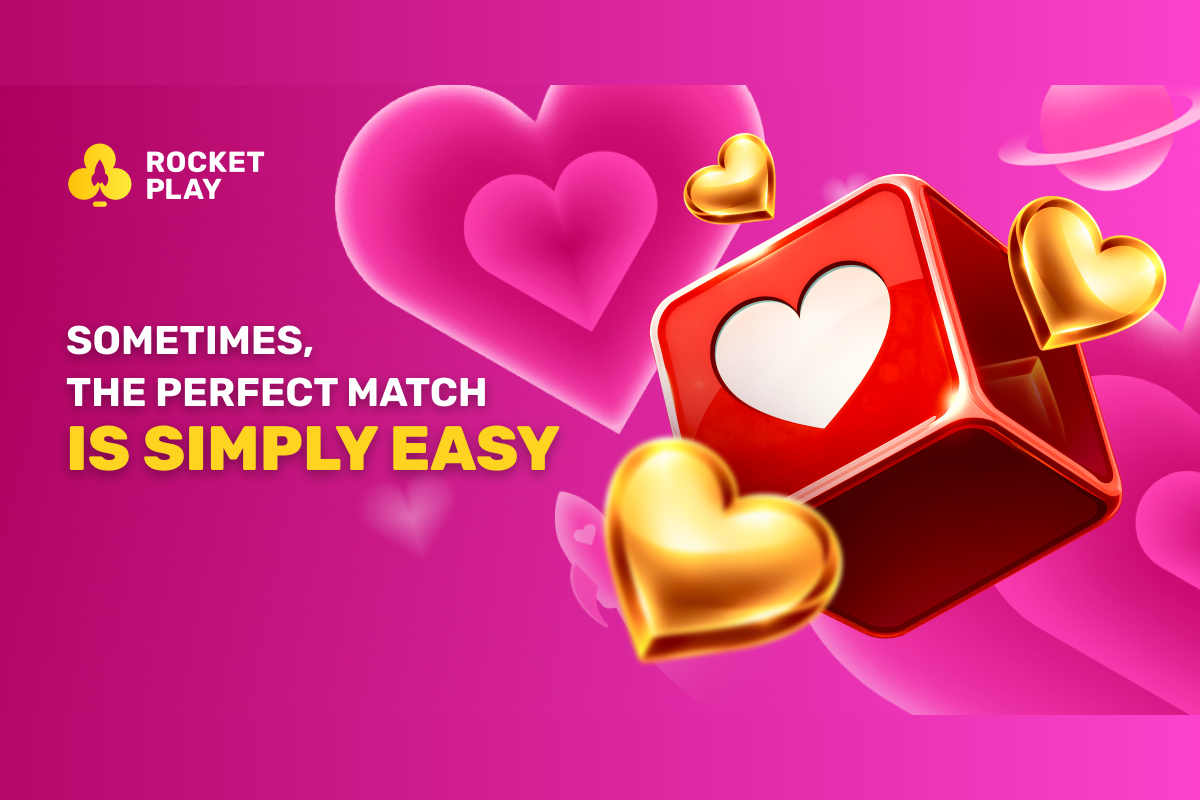
This Valentine’s, RocketPlay tested a simple idea: people who come to iGaming for thrill don’t necessarily want the same intensity in everything — including relationships. Instead of asking players to choose a “perfect partner,” we launched Rocket Match, a fast, playful quiz that matches players with a vibe — bold, sweet, dreamy, or adventurous.
Early results flipped the stereotype. Around 58% of participants matched with the same vibe — built around warmth, charm, and easy fun — suggesting that when it comes to Valentine’s, our community prefers light-hearted connection over drama or risk.
What Rocket Match is
Rocket Match is a Valentine’s matchmaking quiz built as a small cosmic adventure inside the gaming RocketPlay Universe. Players answer 5 light questions — no right or wrong answers — and instantly unlock a Rocket Match that compliments themself. The idea was simple: Valentine’s content online often swings between two extremes — overly serious romance or pure cliché. Rocket Match was created to do something different: keep it flirty, keep it playful, and let players discover a vibe that feels like a moment, not a label.
There were 4 vibes to match with:
Bold — confident, high-energy, loves a bigger spark and bolder choices.
Sunny — easy-going, lighthearted, funny, good communicator
Dreamy — softer, romantic, drawn to atmosphere and emotion.
Adventurous — playful risk-taker energy; spontaneous, curious, and always up for something new.
The lightweight Valentine’s experiment quickly gained traction, with 7,000+ players completing the quiz. The unexpected value came after: the answers revealed a clear preference in what players wanted Valentine’s to feel like — and that insight became the story.
Across responses, around 58% of participants landed on the same Rocket Match vibe — the “sunny” archetype. It’s defined by warmth, lightness, and easy charm: playful, social, and effortless to be around.
What it says about RocketPlay’s community
Rocket Match offered a clear read on the kind of Valentine’s energy players gravitate toward — and it’s lighter than the usual “high-stakes romance” stereotype. As Alex Martin, PR Lead, puts it: “What we liked most about Rocket Match is how clearly it captured the mood people actually want on Valentine’s. It wasn’t about labels or big statements — it was about light energy, easy chemistry, and a feel-good kind of connection. That’s the vibe we try to build across the brand: simple to join, fun in the moment, and positive without the drama.”
What started as a fun Valentine’s experiment quickly became a snapshot of what the community enjoys most: light energy, easy chemistry, and feel-good connection. Valentine’s was simply the right moment to test a playful, pop-culture format — and see what kind of “match” people gravitate toward.
The post 58% of respondents like the“warmy” archetype. Rocket Match by RocketPlay became “ Valentine’s Tinder in Gaming”. appeared first on Americas iGaming & Sports Betting News.
CEO of GGBET UA Serhii Mishchenko
GGBET UA kicks off the “Keep it GG” promotional campaign
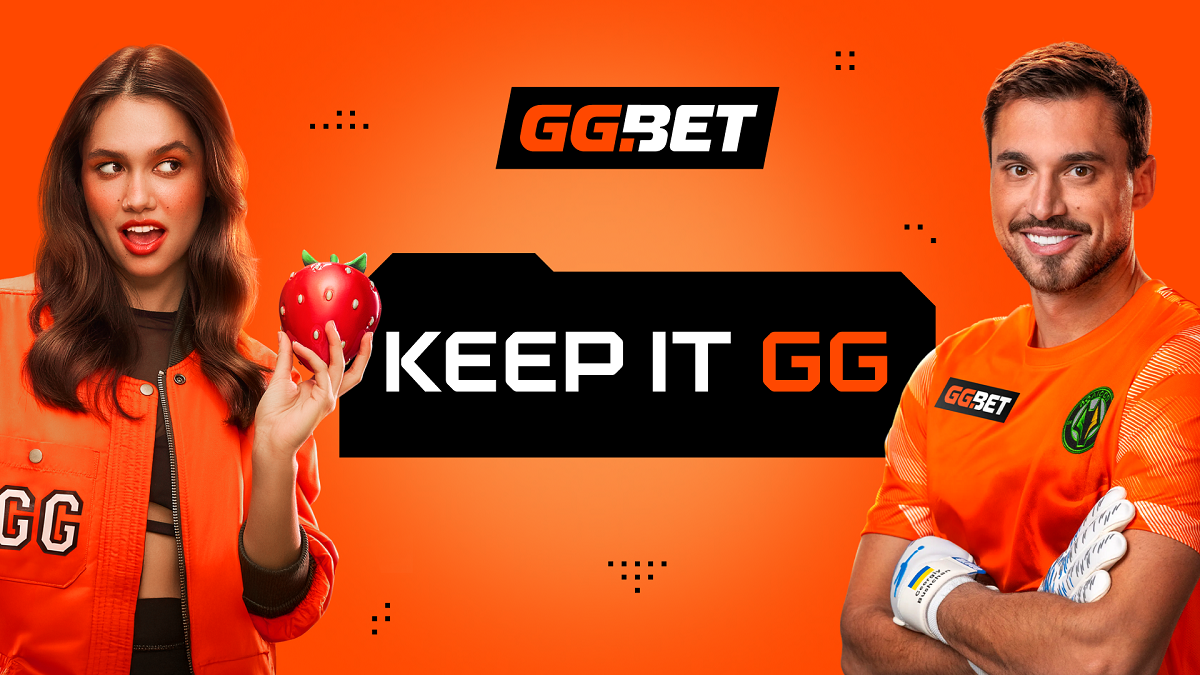
A leading gaming brand in Ukraine has launched a collection of ads featuring the tagline “Keep it GG” as part of an extensive communications initiative. The videos are currently being broadcast on Ukrainian TV, online platforms, and the brand’s social media accounts.
“GG” (Good Game) started in video game culture, yet its significance has far surpassed the literal meaning of “well played.” Currently, it symbolizes a worldwide sign of honor and gratitude for the feelings exchanged following a match, no matter the outcome. This concept served as the basis for GGBET UA’s latest marketing campaign. The video series embodies a unique GG atmosphere: rather than using a conventional voiceover, it incorporates complete audio tracks; the narrative features both literal and metaphorical allusions to sports and esports terms, alongside in-game and casino aspects; and prominent Ukrainian footballers are among the main characters.
“Every game, every match, every tournament is a moment that brings people together. For us, it’s important that every interaction with GGBET gives users that good game feeling — an experience that outlives the result and leaves vivid emotions behind, just like after watching a match,” comments CEO of GGBET UA, Serhii Mishchenko.
Going beyond the traditional view of GG also signifies a more profound implication — the brand’s strategic focus. The international brand, which has concentrated on esports for several years and attained significant success in esports betting and collaborations, is now adopting best practices to enhance traditional sports in regional markets. GGBET UA showcases a wider strategy for Good Game via collaborations (FC Dynamo Kyiv, FC Polissya, and the Ukrainian Basketball Federation), by organizing its own events and special projects, including initiatives that blend sports with esports, like the Match of LeGGends: Derby showmatch on the server featuring esports athletes and football players.
The brand’s creative team collaborated with a Ukrainian advertising agency and a Ukrainian production company to develop the commercials. GGBET UA made this choice to assist the local creative sector amid the war.
The post GGBET UA kicks off the “Keep it GG” promotional campaign appeared first on Eastern European Gaming | Global iGaming & Tech Intelligence Hub.
-

 Amusnet5 days ago
Amusnet5 days agoWeek 7/2026 slot games releases
-

 Aphrodite’s Kiss5 days ago
Aphrodite’s Kiss5 days agoLove on the Reels: Slotland Introduces “Aphrodite’s Kiss”
-

 Denmark6 days ago
Denmark6 days agoRoyalCasino Partners with ScatterKings for Company’s Danish Launch
-

 Finnish Institute for Health and Welfare7 days ago
Finnish Institute for Health and Welfare7 days agoFinland’s Health Authority Launches “2-4-2” Gambling Risk Limits Ahead of Expected Advertising Boom
-

 Latest News6 days ago
Latest News6 days agoWinSpirit’s UnValentine’s Day: A New Take on February Engagement
-

 Bryndís Hrafnkelsdóttir7 days ago
Bryndís Hrafnkelsdóttir7 days agoNOVOVISION Implemented at the University of Iceland Lottery
-

 40 Treasures7 days ago
40 Treasures7 days agoCT Interactive Enters into Partnership with Mozzartbet.rs
-

 Balkans7 days ago
Balkans7 days agoExpanse Studios Signs Content Distribution Deal with Lobbet



